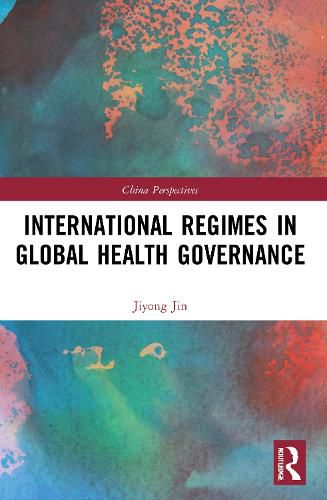Readings Newsletter
Become a Readings Member to make your shopping experience even easier.
Sign in or sign up for free!
You’re not far away from qualifying for FREE standard shipping within Australia
You’ve qualified for FREE standard shipping within Australia
The cart is loading…






By analysing the roles and problems faced by international regimes as major players in global health governance, this book looks into the root causes of the often insufficient supply of global public goods for health and of the deficiencies in current global health governance.
Combining several different methods of analysis and methodologies, this book sketches out the landscape of international public health governance involving a range of international actors. These include the World Health Organization, the World Trade Organization, the Biological Weapons Convention and international human rights regimes. Through a novel theoretical framework that synthesises the theory of securitisation, public goods and international regimes, the author then focuses on factors that have resulted in observed deficiencies in global health governance. Based on these examinations, the book also tries to explore feasible approaches for institutional refinement and innovations for greater effectiveness in global health governance.
The book will appeal to academics and policy makers interested in global health, international relations and international law.
$9.00 standard shipping within Australia
FREE standard shipping within Australia for orders over $100.00
Express & International shipping calculated at checkout
By analysing the roles and problems faced by international regimes as major players in global health governance, this book looks into the root causes of the often insufficient supply of global public goods for health and of the deficiencies in current global health governance.
Combining several different methods of analysis and methodologies, this book sketches out the landscape of international public health governance involving a range of international actors. These include the World Health Organization, the World Trade Organization, the Biological Weapons Convention and international human rights regimes. Through a novel theoretical framework that synthesises the theory of securitisation, public goods and international regimes, the author then focuses on factors that have resulted in observed deficiencies in global health governance. Based on these examinations, the book also tries to explore feasible approaches for institutional refinement and innovations for greater effectiveness in global health governance.
The book will appeal to academics and policy makers interested in global health, international relations and international law.